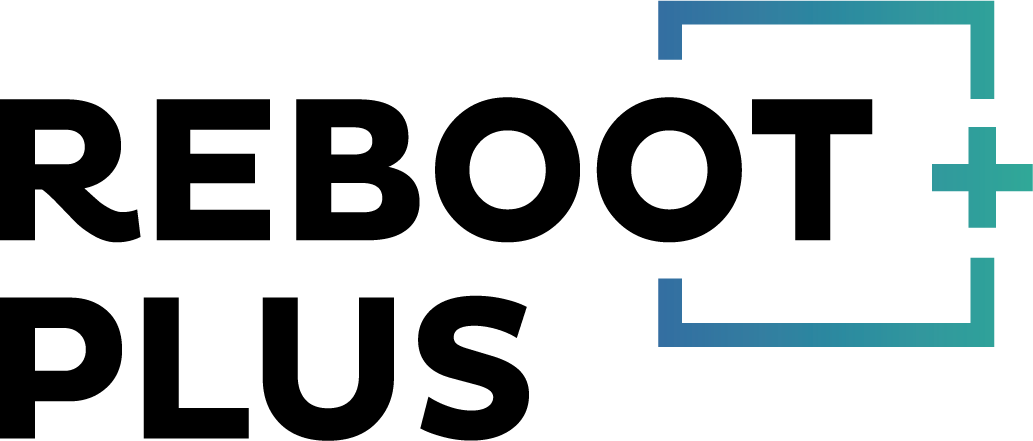Students in the Reboot Plus program are youth who have not or may not graduate high school and includes Indigenous Peoples, new immigrants and refuges, racialized peoples, LGBTQ2S+, people on the autism spectrum, living with diagnosed and undiagnosed learning disabilities, living with depression and anxiety, and those with essential skills gaps who lack post-secondary education. A component of the program requires students to meet 4-7 professionals in careers of interest to gain deeper insight into what their desired career is really like.
What is noteworthy is the employer response to these meetings. Professionals participating in this program were surprised by the maturity of these students. There’s a pre-conceived stigma that students who are not on track to graduate are immature and lack focus, when in fact, the opposite is true; they are intelligent, self-aware, and life-aware[1]. Meeting this pool of talent helped employers better understand this generation and consider onboarding strategies to help bridge a successful transition to the workplace.
- Gen Zs Are True Digital Natives
Gen Z can’t remember a time without smart phones, or when the internet wasn’t readily available. They are the first truly global generation – connected to one another at record speeds and are highly focused on social causes, from climate change to work-life balance. They’re accustomed to instant access of information. Regarding communication, the fastest away to reach them is by texting, instant messaging, or chat. Our program facilitator noted that to reach the students of our program, email was the most resisted format of communication and often left students missing important information. Social media dominates this generation. Many smart phone users don’t set up voicemail.
- Gen Zs Are More Likely to Prioritize Health and Well-Being Over Work
While this generation is the most tech-savvy generation, a recent study says that 74% of youth prefer face to face communication with colleagues. This said, Gen Z prefers a flexible work schedule and the four-day work week is one of the most sought after features of employment. Since the pandemic, employees are now more likely to prioritize health and well-being over work. This should come as no surprise considering the majority (69 per cent) of employed generation Z and millennial Canadians are struggling with anxiety, while 59 per cent are dealing with depression, according to a survey by Ipsos for RBC Insurance. For Gen Zers, anxiety is fueled not only by the pandemic but also by unemployment, climate change, technology, and other stressors.
- Gen Zs are Socially Progressive
Generation Z embraces diversity. They are known for being at ease in a multicultural society, taking pleasure in learning from others and exploring what different cultures have to offer, from food to ideas. They are accepting of sexual differences and are less likely to adhere to traditional gender roles. Given this increased sensitivity, many are looking for work they feel is helping others. They feel they can make a difference in the world around them through their choices and actions. They’re comfortable navigating a complex world and have confidence to express themselves as they move through life.
As a working professional, you can connect with this generation, directly, through our program, by offering an informational interview. In turn, you will learn the different skills and expectations of this generations to help navigate a demographic transition. By taking the time to learn these student strengths, you can develop a plan to inspire youth contribute to the tomorrow of your organization.
___
With funding from the Future Skills Centre, the Douglas College Training Group, the Burnaby Board of Trade, and PEERS Employment & Educational Resources are researching whether “hope-centred” career development can nudge students to further their education and career options. This innovative program aims to re-engage at-risk youth in education and career development by providing them training and exposure to both post-secondary education and to the world of work.
The Reboot Plus project is funded by the Government of Canada’s Future Skills Centre.
Le projet Reboot Plus est financé par le Centre des Compétences futures du gouvernement du Canada
[1] Kari MacDougall shared her finding with employers in our last blog post.
